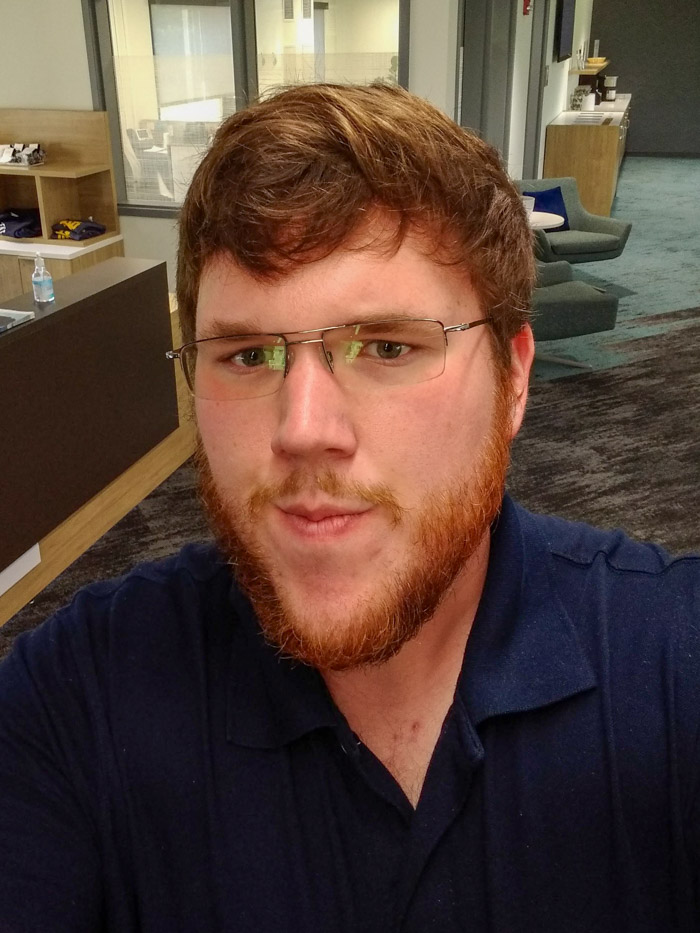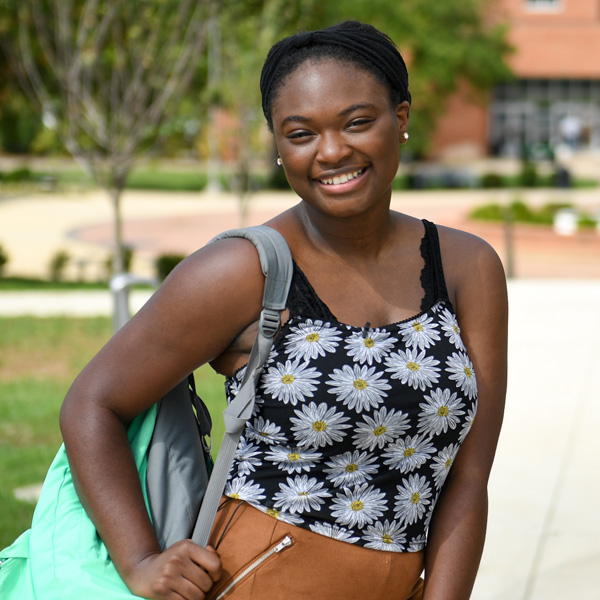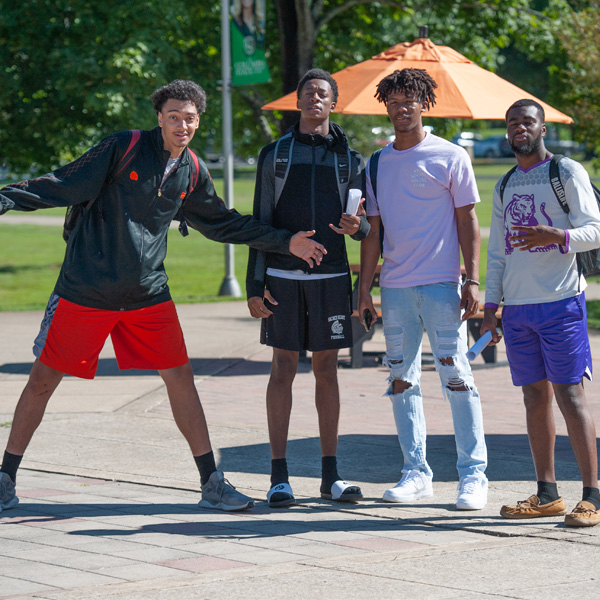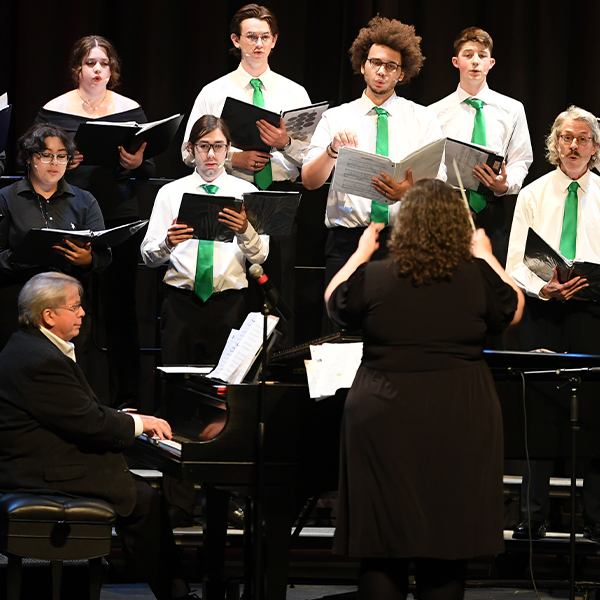Columbia State Alumnus and Fulbright Scholar Reflects on Journey from First-Generation College Student to Doctoral Student

“Success is not a path you walk alone.”
For Spring Hill native Nicholas Herrud, Columbia State Community College was his first higher education stop on a journey that has led him from Middle Tennessee to Eastern Europe.
A 2017 alumnus and Tennessee Promise graduate, and now a Fulbright scholar at Notre Dame, Herrud recently shared how his time at Columbia State shaped both his scholastic path and personal growth.
As the first in his family to attend college, Herrud credits Columbia State with helping him navigate the transition from high school to higher education, building a foundation for future success. It also showed him that college courses meant a new style of learning was required to succeed.
“By showing me that you only get out of something what you put into it, especially in a class, even if you get an ‘A,’ it doesn't necessarily mean you get everything that that class has to offer,” Herrud said. “I think, especially in a smaller environment like Columbia State, you appreciate getting things out of it more because you have that personal connection with the professors and the staff and the community there. It was the guidance of people like Dr. James Senefeld who helped me understand. That's why we need to explore other avenues of study, like history.”
Herrud said Senefeld, a retired Columbia State English professor, and Dr. Barry Gidcomb, Columbia State’s dean of the Humanities and Social Sciences Division and professor of history, are among his favorite and most impactful professors.
“We are extremely proud of Nick and everything he has accomplished,” Gidcomb said. “Jim (Senefeld) and I have followed his academic career and have been fortunate to hear about Nick's work and travel firsthand during his visits home. I'm excited about his well-deserved success and the trajectory of his career. Nick is making a difference in this world.”
After graduating with a university parallel (general transfer) Associate of Science degree from Columbia State, he decided to choose a new path and pursue his interest in history, which became his field of study.
“Originally, I never intended to be a historian or study history,” Herrud said. “I also never intended to travel as much and learn all these languages. But that's something you have to be open to. Opportunity kind of finds you, but you have to be ready to be able to respond to it.”
After receiving his bachelor’s degree in history from Austin Peay State University in 2020, he decided he wanted to expand his knowledge and interest in Eastern European history and borderlands by pursuing a master’s degree in Polish Studies. From 2020 to 2023, he learned to speak Polish while studying the language and culture by taking classes at Jagiellonian University in the Polish city of Kraków.
After earning his master’s degree, Herrud decided he wanted to continue his studies in a doctoral program. Then, after applying to several schools and waiting for over five months, the wait finally ended with him securing a spot at Notre Dame.
“I think out of the 250 applicants they had in 2023, only about 10 people got into the program I’m in. That was a really huge moment. I actually cried a little bit. I called my parents, told them everything. And it was, it was five long months of waiting to hear back.”
Now in year three of his doctoral studies, Herrud was named a finalist for the 2025-26 Fulbright U.S. Student Program, giving him the opportunity to study abroad. This opportunity led to an opening to study 20th-century Eastern European history and border interaction at Vilnius University, a public research school in Lithuania's capital.
“I studied borders in Eastern Europe in the 20th century, and the period I look at between the two world wars, the part of Lithuania that I'm currently in, Vilnius, the capital, was part of Poland during that time. And I'm here because the archives here still have documents from the Polish government when it was a part of Poland. That's what I'm looking at. It's kind of this change of borders, but also this change of administration and this multicultural area.”
With an expected graduation date in spring 2028, Herrud said he already has his future goals in mind. He shared his ultimate goal after graduation would be to work as a policy advisor or Eastern European regional expert for the U.S. State Department, or possibly NATO.
Looking back on his decades-long college journey and its inception in Columbia, he says earning degrees has had a major impact on his life.
“I've been attending courses or taking credits for the past 10 years, which is quite a path to look back on, but the way it's affected me is that it's given me direction and focus. It has helped me understand what I'm capable of, what I can do if I put my mind to something—you don't succeed without others in your life, advisors, friends, colleagues and staff. Success is not a path you walk alone.”
One final piece of advice for all students that he gave: learn to ask for help.
“It's a skill,” Herrud said. “In school, we're sometimes taught not to ask for help if we can because it takes some time or it takes attention to wait for the other people. But that's counterproductive, because in university or at Columbia State, it's all up to you. So, you have to get comfortable with saying, ‘I don't know,’ or saying, ‘I need help with this.”








